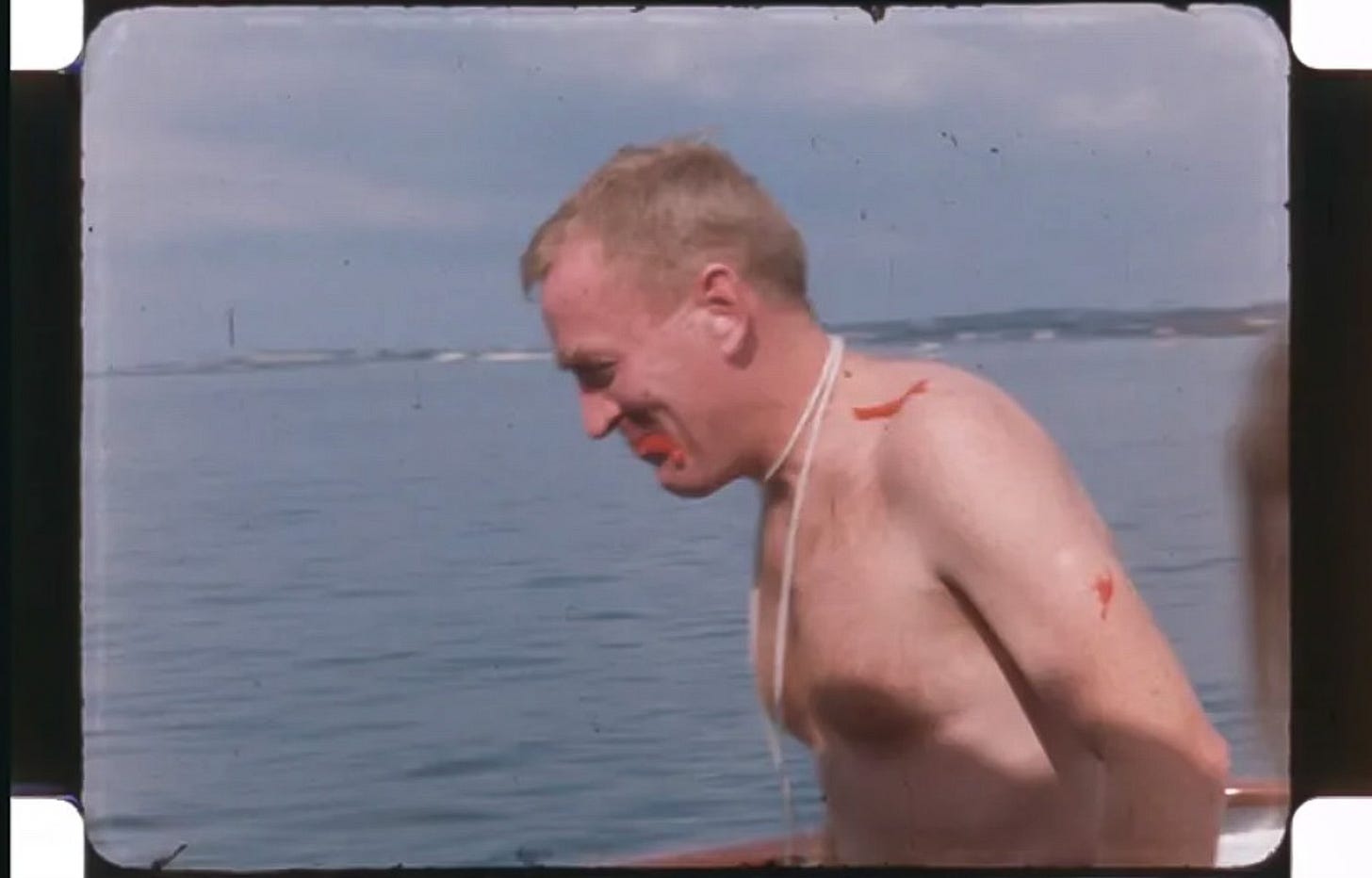JFK Played an Assassinated President Just Two Months Before Dallas
A prankish home movie, overseen by Jackie Kennedy, portrayed a ketchup-strewn JFK pretending to be dead

In a surreal and macabre coincidence, just two months before meeting his death in a fusillade of gunfire, President John F. Kennedy starred in a home movie — directed by the First Lady and featuring Secret Service a…
Keep reading with a 7-day free trial
Subscribe to JFK Facts to keep reading this post and get 7 days of free access to the full post archives.



